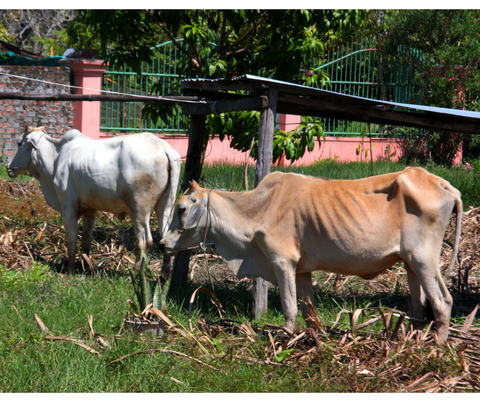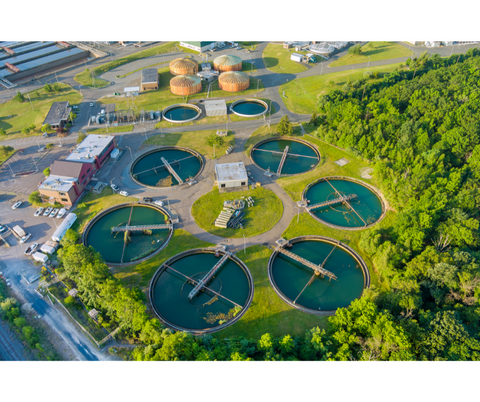Climate change poses a significant threat to global agriculture, affecting food security, livelihoods, and the overall well-being of populations worldwide. As the planet warms, the consequences for agricultural productivity and food systems become more severe, necessitating urgent action and innovative solutions. This blog explores the challenges climate change brings to global agriculture and outlines potential solutions to ensure a sustainable future.
Challenges
1. Extreme Weather Events: The increasing frequency and intensity of extreme weather events, such as droughts, floods, and hurricanes, devastate crops, livestock, and fisheries. These events can lead to crop failure, soil erosion, and a decrease in agricultural productivity, directly impacting food security.

2. Changing Precipitation Patterns: Shifts in rainfall patterns can lead to water shortages or excess water, both of which harm crops. Drought conditions limit water availability for irrigation, while unexpected heavy rainfall can wash away seeds and soil nutrients.
3. Temperature Variability: Rising temperatures can disrupt the growing seasons of many crops, reducing yields. Heat stress also affects livestock health and productivity, while warmer waters impact fish populations, essential sources of food for millions.

4. Pest and Disease Proliferation: Warmer temperatures facilitate the expansion of pests and diseases to new areas, affecting crop health, yields, and the ecosystems that support agriculture.
Solutions
To combat these challenges, a multifaceted approach that involves innovation, policy, and community action is essential. Here are some solutions that could help mitigate the impact of climate change on agriculture:
1. Sustainable Farming Practices: Adopting practices such as crop rotation, cover cropping, and agroforestry can improve soil health, enhance water efficiency, and increase biodiversity, making agricultural systems more resilient to climate change.
2. Water Management: Implementing efficient irrigation techniques and water management practices, such as drip irrigation and rainwater harvesting, can help conserve water and ensure crops receive the moisture they need even in times of water scarcity.

3. Climate-Resilient Crops: Developing and cultivating crop varieties that are resistant to drought, heat, and flooding can help ensure food production despite changing climatic conditions. Genetic modification and traditional breeding techniques play a role here.
4. Renewable Energy in Agriculture: Shifting to renewable energy sources for agricultural operations can reduce greenhouse gas emissions, contributing to the mitigation of climate change. Solar-powered irrigation and bioenergy from agricultural waste are examples of clean energy solutions.
5. Policy and Investment: Governments and international bodies must create supportive policies that encourage investment in sustainable agriculture, climate resilience, and food security. This includes funding for research, subsidies for adopting sustainable practices, and insurance schemes for farmers facing climate risks.
6. Education and Training: Educating farmers and agricultural workers about climate change impacts and sustainable practices is crucial. Knowledge sharing can be facilitated through workshops, agricultural extension services, and community-based programs.
7. International Cooperation: Climate change is a global issue that requires international collaboration. Sharing knowledge, technology, and resources across borders can help all nations adapt to climate change and secure global food systems.
Conclusion
The impact of climate change on global agriculture is profound and poses significant challenges to food security and livelihoods. However, by adopting a range of sustainable practices, investing in research and development, and fostering a collaborative approach to climate action, it is possible to build resilient agricultural systems. The solutions outlined here are not exhaustive but represent critical steps toward safeguarding our food systems against the backdrop of an ever-changing climate. The time to act is now, with urgency and purpose, to ensure a food-secure future for all.

